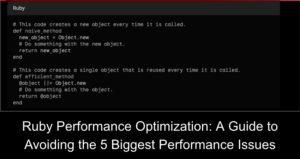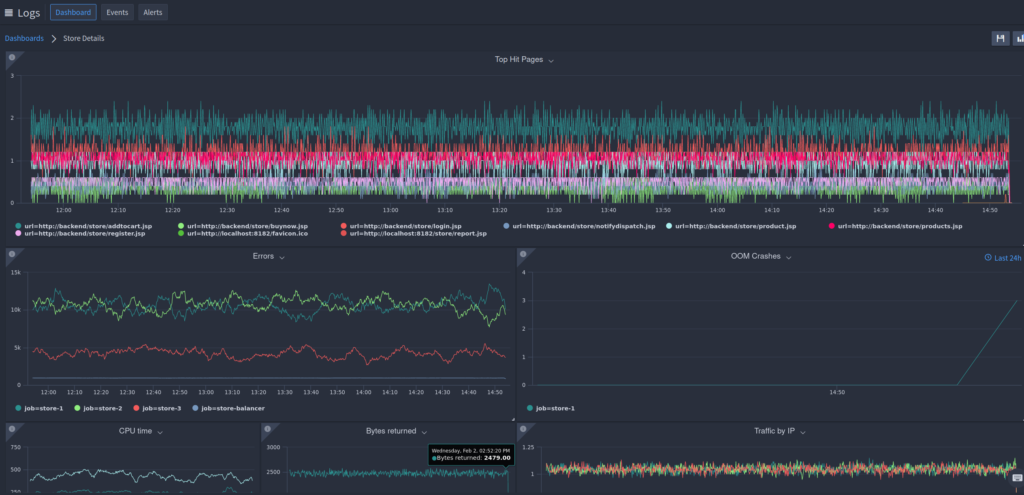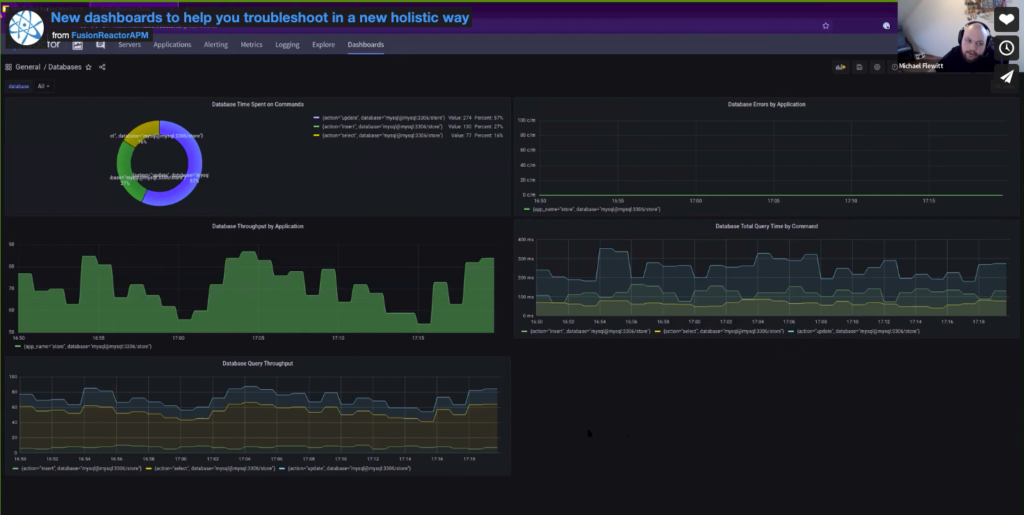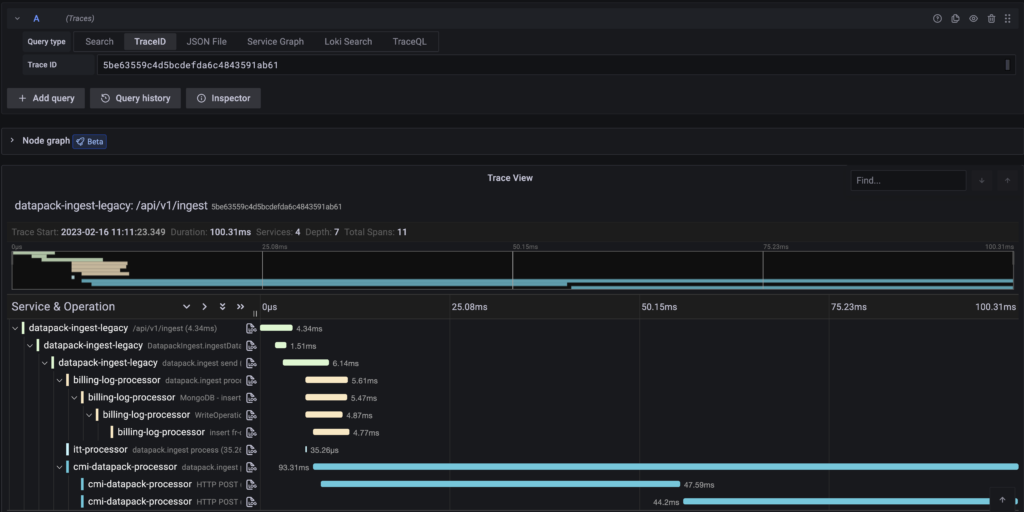In today’s world, applications are more complex than ever before. They are built with a variety of programming languages and frameworks, and they are deployed on a variety of cloud platforms. This makes it difficult to track the performance and reliability of these applications.
Observability with Otel integration is a solution that can help you track your applications’ performance and reliability. Otel integration can collect telemetry data from your applications, including metrics, logs, and traces. This data can be used to track the performance of your applications, identify and troubleshoot performance problems, and improve the security of your applications.
This blog will discuss the benefits of using observability with Otel integration. We will also discuss how to use Otel integration to improve the performance and reliability of your applications.
What is OTel?
Observability with Otel integration can be used with a variety of programming languages, including Go, Java, Python, JavaScript, C++, PHP, Ruby, Rust, Swift
Each language has strengths and weaknesses, so choosing the right language for the job is important. For example, Go is good for building web applications and command-line tools, while Java is good for enterprise applications.
Observability with Otel integration can improve the performance of applications written in any of these languages. By collecting telemetry data from your applications, you can identify and troubleshoot performance problems.
Here are some of the benefits of using observability with Otel integration
Improved customer experience
You can improve the customer experience by improving your applications’ performance and reliability. Customers are more likely to use and recommend fast, reliable, and secure applications.
Increased revenue
You can increase revenue by improving your applications’ performance and reliability. Customers are more likely to pay for fast, reliable, and secure applications.
Reduced costs
You can reduce the costs associated with downtime by identifying and fixing performance problems before they cause downtime. Downtime can lead to lost revenue, customer dissatisfaction, and damage to your reputation.
Improved compliance
By collecting telemetry data from your applications, you can ensure that your applications comply with regulations. Regulations such as HIPAA, PCI DSS, and GDPR require organizations to collect and store telemetry data from their applications.
Improved performance
By identifying and troubleshooting performance problems, you can improve the performance of your applications.
Reduced downtime
By identifying and fixing performance problems before they cause downtime, you can reduce the amount of downtime your applications experience.
Increased reliability
By collecting telemetry data from your applications, you can identify and fix reliability problems before they cause outages.
Enhanced security
By collecting telemetry data from your applications, you can identify and fix security vulnerabilities before they are exploited.
By using observability with Otel integration, you can improve your applications’ performance, reliability, security, customer experience, revenue, and compliance.
A FusionReactor observability platform with Otel can help you in several ways
Collecting telemetry data from your applications. Otel can collect telemetry data from your applications, including metrics, logs, and traces. This data can be used to track the performance of your applications, identify and troubleshoot performance problems, and improve the security of your applications.
Storing telemetry data in a central location
Otel can store telemetry data in a central location, such as a cloud-based storage service. This makes it easy to access and analyze telemetry data from all of your applications.
Visualizing telemetry data
Otel can visualize telemetry data in a variety of ways, such as graphs, charts, and tables. This makes it easy to understand the performance of your applications and identify trends.
Alerting on telemetry data
Otel can alert you when telemetry data reaches a certain threshold. This can help you to identify and troubleshoot performance problems before they impact your users.
Sharing telemetry data with other teams
Otel can share telemetry data with other teams, such as your development and security teams. This can help you collaborate with other teams to improve your applications’ performance, reliability, and security.
By using an observability platform with Otel, you can better understand your applications’ performance, reliability, and security. This can help you to improve the performance, reliability, and security of your applications and to deliver a better experience to your users.






